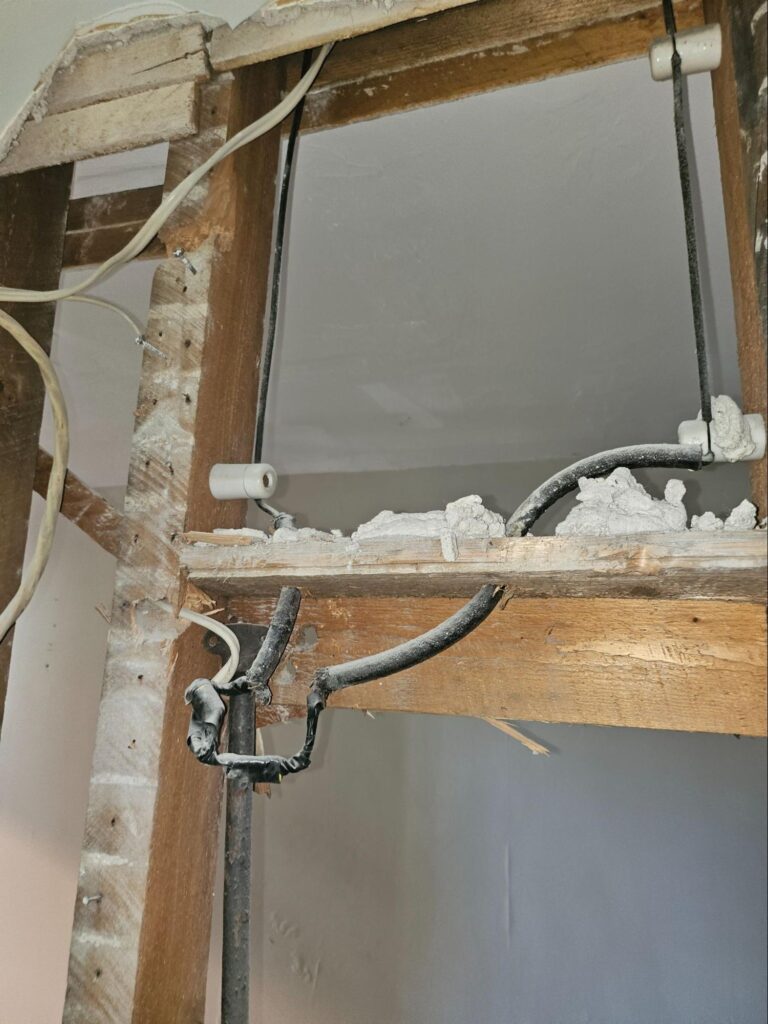When it comes to upgrading or renovating an older home in Toronto, especially in neighbourhoods like East York, Danforth, The Beaches, Leslieville, and Riverdale, one common issue that homeowners may face is the presence of knob and tube wiring. This outdated electrical system, commonly found in homes built before 1955, can pose significant risks if left unchecked. If you’re planning a Toronto home renovation, it’s crucial to understand the potential dangers of knob and tube wiring, how it can impact your home insurance, and what steps you should take to protect your home and your family. In this article, we’ll explore everything you need to know about knob and tube wiring, its risks, the cost to rewire a house, and how companies like D2 Build can help you mitigate these dangers.
What is Knob and Tube Wiring?
Knob and tube wiring was the original electrical system used in homes built before the mid-20th century, particularly between the late 1800s and the 1950s. In older neighbourhoods like East York, you’ll often find this wiring system hiding behind walls, often unsuspected by newer homeowners. It consists of wires insulated with cloth that are run through porcelain tubes and secured by porcelain knobs. These wires are ungrounded, meaning they do not provide the same level of electrical safety as modern wiring systems, such as 14/2 NMD insulated wire.
The wiring system earned its name due to the porcelain “knobs” that supported the wires and the porcelain “tubes” that protected them when passing through wooden joists. In its time, knob and tube wiring was considered safe and effective, providing a much-needed solution to the growing demand for electricity in homes. However, over time, as more electrical appliances and outlets were added to homes, this system became insufficient for the increased electrical load.
Why is Knob and Tube Wiring Dangerous?
While knob and tube wiring may have been suitable when first installed, it has become outdated and potentially hazardous. One of the primary reasons it’s considered dangerous today is that the cloth insulation used to protect the wires deteriorates over time, leaving bare wires exposed to potential contact with flammable materials, such as wooden joists and lath and plaster walls.
This degradation, coupled with ungrounded circuits, can lead to electrical fires. In fact, insurance companies in Toronto and across Canada often refuse to insure homes with knob and tube wiring, or they impose extremely high premiums due to the heightened risk of electrical fire.
Additionally, many homes with knob and tube wiring have undergone unlicensed or improper electrical modifications. Homeowners or handymen may have added outlets, lights, or finished basements without adhering to modern electrical codes. If these additions were not installed correctly, it increases the likelihood of short circuits or overheating, posing a significant fire hazard.
For example, in some homes, knob and tube wiring has been improperly spliced into modern 14/2 insulated wire using nothing more than electrical tape—without junction boxes or marette connectors to protect the connection. In extreme cases, homeowners have found burn marks on the joists, evidence of how dangerous improper electrical work can be.

The Role of a Home Inspection in Identifying Knob and Tube Wiring
One of the most critical steps when purchasing a home is obtaining a thorough home inspection. A certified home inspector will examine the property’s visible electrical systems, including checking the electrical panel, outlets, and exposed wiring. However, a typical home inspection can only reveal what is visible and accessible. If a home has finished walls, particularly with lath and plaster walls, it can be challenging for the inspector to assess the full extent of any knob and tube wiring that may still be in place.
Many homeowners in East York are shocked to discover the true extent of the outdated wiring system only during a Toronto home renovation. For example, when walls are gutted to the studs, the previously hidden knob and tube wiring becomes exposed, often revealing a much more extensive network than what was initially expected. Hidden junction boxes are frequently found in joist spaces, where knob and tube wiring is connected to more modern wiring—usually in ways that do not comply with the Electrical Safety Authority (ESA) standards.
D2 Build will perform a home inspection prior to performing any of our services: https://d2build.ca/our-services/
You Probably Have More Knob and Tube Wiring Than You Think
If your home still has lath and plaster walls, there’s a good chance that not all of the knob and tube wiring has been replaced. Even if you have undertaken partial renovations, much of the original wiring could still be hidden behind walls and in ceilings. It’s also common to find hidden junction boxes that connect knob and tube wiring to more modern electrical systems. Unfortunately, unless these connections were made by a licensed electrician, they are often done improperly, using shortcuts that could increase the risk of fire.
One of the most concerning issues is the absence of marrette connectors or proper junction boxes. Instead, homeowners often discover that previous owners or handymen used electrical tape to splice connections, creating an unsafe, unreliable electrical system. These unsafe practices have contributed to the decision of insurance companies to refuse coverage for homes with knob and tube wiring.
The Cost to Rewire a House with Knob and Tube Wiring
If your home still contains knob and tube wiring, it’s essential to replace it with a modern electrical system to ensure safety. The cost to rewire a house can vary significantly depending on several factors, including the size of the house, the complexity of the wiring, and whether the walls are already finished.
In East York, where many homes were built before 1955, the cost to rewire a house generally ranges from $8,000 to $15,000 for smaller homes, while larger homes can expect costs to rise above $20,000. If your house still has lath and plaste rwalls, rewiring may require additional labor to carefully remove and replace sections of the wall. On the other hand, if you’re planning a full Toronto home renovation, rewiring can be done more efficiently when the walls are already exposed.
It’s important to work with licensed electricians, like the experts at D2 Build, who are familiar with older homes and experienced in identifying and replacing knob and tube wiring. By working with professionals, you can ensure that all new wiring complies with modern Electrical Safety Authority (ESA) standards, and that any unsafe modifications are corrected.

How D2 Build Can Help Protect Your East York Home
If you suspect your East York home still contains knob and tube wiring, it’s crucial to take immediate action. At D2 Build, we specialize in identifying and mitigating the risks associated with this outdated electrical system. Whether you’re in the early stages of purchasing a home or planning a Toronto home renovation, our team can help you ensure your home’s electrical system is safe and up to code.
During a home renovation, especially in older homes with plaster lath, we often uncover hidden hazards like knob and tube wiring spliced with modern wiring or missing junction boxes. By working with D2 Build, you can be confident that all electrical work will be done correctly, following the strict standards set by the ESA.
Take a look at some of our projects: https://d2build.ca/projects/
Mitigating Damage and Reducing Costs
Addressing the issue of knob and tube wiring early on is essential not only for your safety but also to reduce costs in the long run. Homes with knob and tube wiring are not only more expensive to insure but are also at a higher risk of electrical fires and system failures.
When planning your Toronto home renovation, rewiring should be a top priority if knob and tube wiring is present. By updating your electrical system with modern, grounded wiring, you reduce the risk of fire and future costly damage. Additionally, upgrading your electrical system can increase the value of your home, making it more appealing to potential buyers and reducing the likelihood of insurance issues.
The Importance of Working with Licensed Electricians
One of the most important steps in protecting your home from knob and tube wiring hazards is hiring a licensed electrician. DIY fixes or work completed by unlicensed contractors may save money in the short term but can lead to dangerous situations. Licensed electricians, like those at D2 Build, follow proper procedures for connecting circuits, using marette connectors, and installing junction boxes that are easily accessible for future inspections.
When rewiring a house with knob and tube wiring, it’s critical to ensure that all connections meet modern safety standards. This includes using proper grounding techniques, installing arc fault circuit interrupters (AFCIs) where necessary, and ensuring that all wiring is adequately protected and safely installed.
Protecting your home from the dangers of knob and tube wiring is a critical task for any homeowner, especially if you live in an older neighborhood like East York. Left unchecked, this outdated wiring system can pose significant fire risks and drive up insurance costs. By working with experts like D2 Build during your Toronto home renovation, you can ensure that your home is not only safe but also up to modern electrical standards. Whether you need a comprehensive home inspection, rewiring services, or help identifying hidden hazards, D2 Build can help you protect your investment and your family.
Book a consultation with us directly on our website: https://d2build.ca/contact/
Taking action now can save you significant expenses in the future, not to mention the peace of mind that comes from knowing your home is free of the dangers associated with knob and tube wiring.






